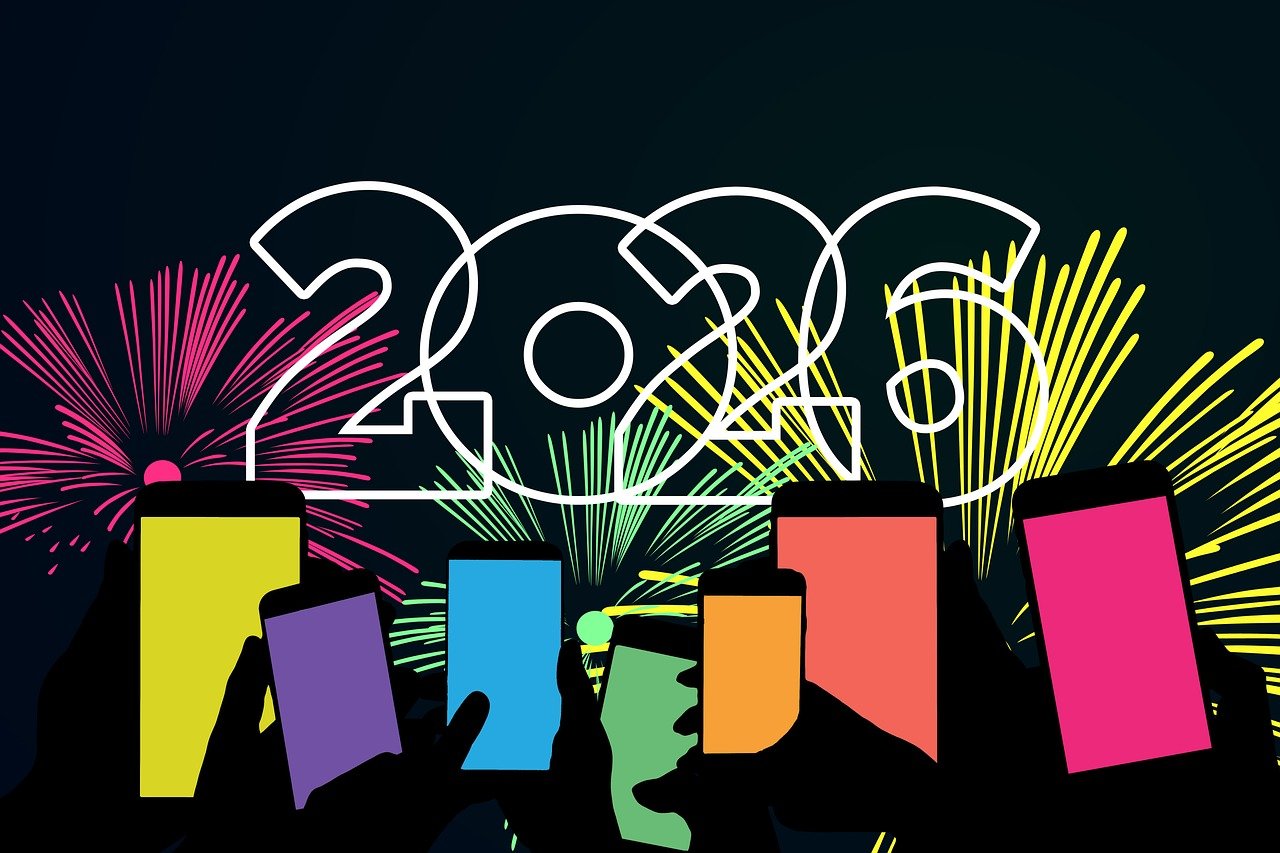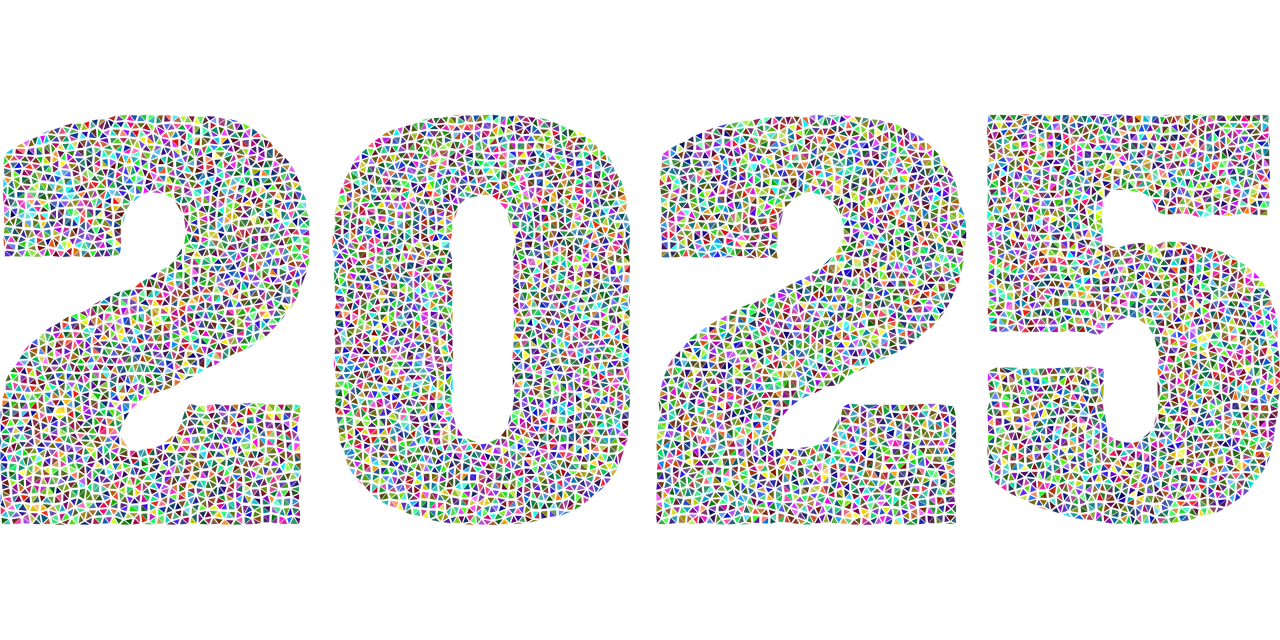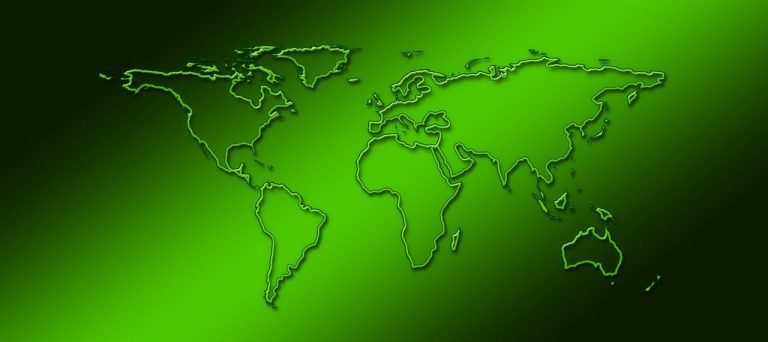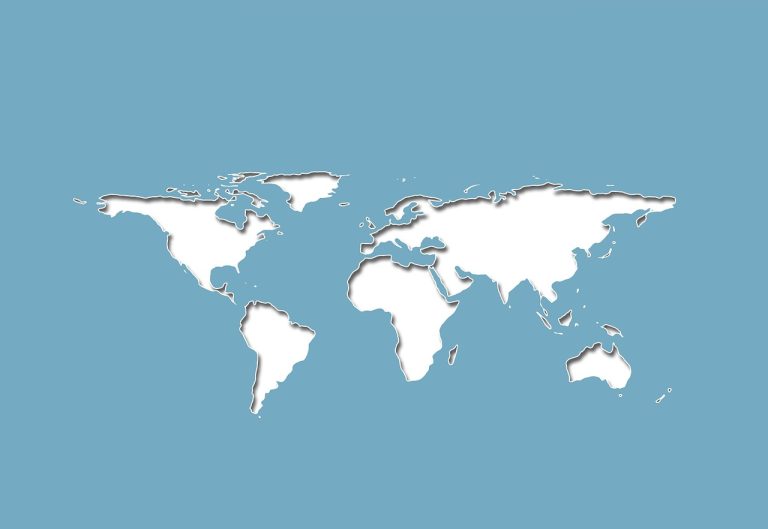
The Impact of Philippine’s Latest Anti-Corruption Measures: An In-depth Analysis
The Philippines has long battled with the pervasive issue of corruption, a problem that has hindered its economic growth and compromised the integrity of its institutions. Over the years, various administrations have implemented strategies to combat this issue, with mixed results. The latest anti-corruption measures introduced by the government aim to take a firmer stance against corruption, promising transparency, accountability, and systemic change. In this article, we delve into these measures, their potential impact, and the challenges that lie ahead.
Understanding the New Anti-Corruption Measures
The current administration has rolled out a comprehensive set of anti-corruption policies designed to create a more transparent and accountable government. These measures include stricter enforcement of existing laws, the introduction of new regulations to close loopholes, and enhanced cooperation with international bodies. Notably, the government has also increased funding for anti-corruption agencies and introduced technology-based solutions to monitor compliance and detect anomalies.
One of the key components is the strengthening of the Philippine Anti-Corruption Commission, which has been tasked with investigating corruption cases and spearheading reforms. By increasing its resources and authority, the commission is better positioned to execute its mandate effectively.
Potential Benefits of the Measures
Implementing these measures can lead to significant positive outcomes for the Philippines. First and foremost, reducing corruption can enhance economic growth by creating a more attractive environment for foreign investment. Investors are more likely to engage in a market where they have confidence in the legal and administrative processes.
Furthermore, these measures can foster public trust in government institutions. A transparent and accountable government is essential for maintaining social cohesion and ensuring that public resources are used effectively. This trust can lead to increased civic engagement and support for government initiatives.
Challenges in Implementation

Despite the promising framework, the implementation of anti-corruption measures faces several significant challenges. One major hurdle is the deeply entrenched culture of corruption that exists within various sectors of the government and society. Changing this culture requires not just policy changes but also a shift in mindset among public officials and citizens alike.
Moreover, the judicial system in the Philippines needs to be strengthened to ensure that corruption cases are handled swiftly and judiciously. The backlog of cases and perceived inefficiencies within the legal process can undermine the effectiveness of anti-corruption efforts. Revamping the judicial system is critical for these measures to achieve their intended impact.
Case Studies of Success and Failure
Examining past examples can provide valuable insights into the potential success of these measures. The anti-corruption efforts in countries like Singapore and Hong Kong are often cited as models due to their comprehensive approach and strong enforcement mechanisms. These countries have demonstrated that with the right mix of policy, enforcement, and public support, corruption can be significantly reduced.
Conversely, other nations have struggled due to lack of political will and poorly implemented policies. In these cases, anti-corruption measures have failed to produce meaningful change, highlighting the importance of commitment at all levels of government and society.
Role of Technology in Combating Corruption
Technology plays a pivotal role in the new anti-corruption measures. Digital platforms and tools can enhance transparency and reduce opportunities for corrupt practices by automating processes and maintaining detailed records. For instance, the introduction of e-government services reduces the need for face-to-face interactions, thereby minimizing the potential for bribery.
Moreover, data analytics can be used to identify patterns and flag suspicious activities, enabling authorities to take preemptive action. Blockchain technology, with its immutable ledger, offers another promising avenue for ensuring transparency in public transactions. By leveraging these technological advancements, the Philippines can strengthen its anti-corruption framework and increase public confidence in governmental operations.

The International Perspective
The Philippines’ efforts are part of a global movement to tackle corruption, supported by international organizations such as the OECD and the United Nations. These organizations provide frameworks and guidelines that assist countries in implementing effective anti-corruption strategies.
International cooperation is crucial, particularly in cases involving cross-border corruption and money laundering. By collaborating with other countries and international bodies, the Philippines can enhance its investigative capabilities and bring corrupt individuals to justice, regardless of where they operate.
Takeaways
The latest anti-corruption measures in the Philippines represent a significant step forward in the country’s ongoing battle against corruption. While challenges remain, the potential benefits of these measures are substantial. By fostering a culture of transparency and accountability, the Philippines can improve its economic prospects and enhance the quality of life for its citizens.
For these measures to succeed, continued commitment from the government, civil society, and the international community is essential. With sustained effort and cooperation, the Philippines can make meaningful progress in its quest to eradicate corruption and build a more just and equitable society.
Public Engagement and Education
Public engagement and education are vital components in the fight against corruption. Empowering citizens with knowledge about their rights and the mechanisms available to report corrupt activities can greatly enhance the effectiveness of anti-corruption measures. Educational campaigns that focus on the adverse effects of corruption can help change societal attitudes and reduce tolerance for unethical practices.
Community-based programs and workshops can be instrumental in fostering a grassroots movement against corruption. By involving local communities and leaders, these programs can tailor messages and strategies to specific cultural contexts, making them more relevant and impactful.
The Role of Media and Civil Society
The media and civil society organizations play a crucial role in promoting transparency and accountability. Investigative journalism can shed light on corrupt practices and hold public officials accountable. When the media operates freely and independently, it becomes a powerful tool for change, exposing wrongdoing and advocating for reforms.

Civil society organizations, on the other hand, can serve as watchdogs and lobby for policy changes. They have the capacity to mobilize citizens, influence public opinion, and pressure government entities to act with integrity. Collaboration between the government, media, and civil society can create a robust system of checks and balances that deters corruption.
Strengthening Institutional Frameworks
For anti-corruption measures to be effective, it is essential to strengthen the institutions charged with their implementation. This includes ensuring that anti-corruption agencies are well-funded, autonomous, and staffed with trained professionals. Building institutional capacity involves continuous training, resource allocation, and the establishment of clear operational guidelines.
Furthermore, inter-agency collaboration is crucial. By sharing information and resources, different government bodies can work together more effectively to combat corruption. Coordinated efforts can lead to more comprehensive investigations and a unified approach to tackling systemic issues.
Long-term Vision and Commitment
Combating corruption requires a long-term vision and unwavering commitment from all sectors of society. While short-term successes are important, the ultimate goal is to institute lasting change that permeates all levels of government and society. This calls for persistent effort and an adaptable strategy that evolves in response to new challenges and opportunities.
Leadership plays a pivotal role in maintaining momentum. Political leaders must demonstrate their commitment through consistent actions and policies that prioritize transparency and accountability. Their example sets the tone for the rest of the government and society, reinforcing the importance of ethical conduct.
Conclusion and Future Prospects
The Philippines stands at a critical juncture in its fight against corruption. The latest measures adopted by the government offer a renewed opportunity to address this pervasive issue. While challenges remain, the commitment to reform and the strategies in place provide a solid foundation for progress.

Looking ahead, it is vital to maintain the momentum and ensure that anti-corruption efforts are both inclusive and comprehensive. By building partnerships with international organizations, civil society, and the private sector, the Philippines can enhance its capacity to combat corruption effectively. With sustained effort and determination, the country can move towards a future where transparent governance and integrity are the norms rather than exceptions.
Encouraging Private Sector Involvement
The private sector is a critical stakeholder in the fight against corruption. Businesses can contribute to anti-corruption efforts by implementing corporate governance policies that promote ethical behavior and transparency. By adopting international standards and best practices, companies can create an environment where corruption is not tolerated. Additionally, the private sector can collaborate with the government on initiatives that promote fair business practices and reduce opportunities for bribery and fraud.
Industry associations and chambers of commerce can play a pivotal role by advocating for policy changes and creating platforms for dialogue between businesses and government entities. By working together, the private sector and the government can establish a more level playing field that benefits all participants in the economy.
Fostering a Culture of Integrity
Ultimately, the success of anti-corruption measures depends on fostering a culture of integrity across all levels of society. This involves instilling values of honesty, fairness, and accountability from a young age, through education systems and community programs. Schools and universities can incorporate ethics and civic responsibility into their curricula, encouraging students to become active participants in the fight against corruption.
Public recognition of integrity can also serve as a powerful motivator. Celebrating individuals and organizations that exemplify ethical behavior can reinforce positive examples and inspire others to follow suit. By highlighting stories of integrity and transparency, the media can also contribute to shifting societal norms and expectations.
Monitoring and Evaluation

To ensure that anti-corruption measures are effectively implemented and yielding results, robust monitoring and evaluation mechanisms are essential. These mechanisms can provide valuable feedback on the effectiveness of policies and identify areas where adjustments may be needed. Regular assessments conducted by independent bodies can help maintain accountability and transparency, ensuring that reforms are on track.
Quantitative and qualitative indicators should be used to measure progress. Data such as the number of corruption cases prosecuted, public perceptions of corruption, and international rankings can provide insights into the effectiveness of anti-corruption efforts. Continuous evaluation allows for data-driven decision-making and the refinement of strategies over time.
Global Implications and Cooperation
The issue of corruption is not confined to national borders; it is a global challenge that requires international cooperation. The Philippines’ anti-corruption efforts can serve as a model for other countries facing similar challenges. By sharing best practices and learning from the experiences of others, countries can develop more effective strategies for combating corruption.
International treaties and agreements, such as the United Nations Convention against Corruption, provide frameworks for cooperation and mutual assistance. Through these platforms, countries can collaborate on cross-border investigations and share information to tackle corruption more effectively. Global efforts not only enhance the capacity of individual nations but also contribute to a more transparent and equitable international system.
Final Thoughts
The path to eradicating corruption in the Philippines is fraught with challenges, but the stakes have never been higher. The latest anti-corruption measures represent a bold attempt to address a deeply rooted issue that affects all facets of society. By embracing a comprehensive approach that involves government, the private sector, civil society, and the international community, there is hope for meaningful change.
As the Philippines continues on this journey, it is imperative to remain vigilant, adaptable, and committed to the principles of transparency and accountability. With sustained effort and collaboration, the country can make significant strides towards a future defined by integrity and trust. This journey requires the collective will and participation of all Filipinos, united in the pursuit of a society free from corruption.






